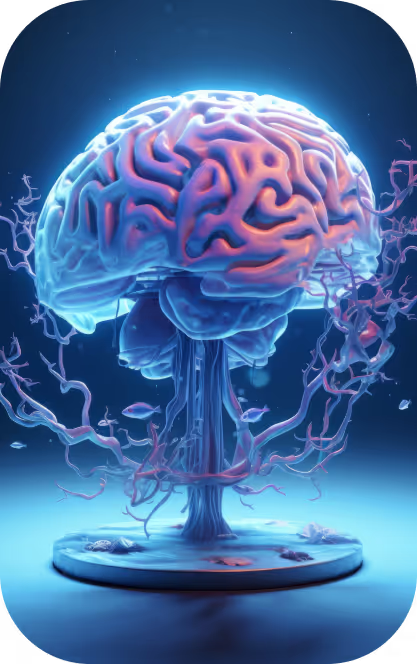How the Noosphere Influences the Formation of Modern AI Ethics


In today’s world, where technology is gradually reshaping the foundations of our lives, the concept of the noosphere is gaining special significance. It is not only a stage in Earth’s evolution but also a powerful driving force in shaping new ethical norms that will govern the development and use of technologies such as artificial intelligence (AI). But how exactly can noospheric ideas influence AI ethics, and is there a connection between these concepts?
The noosphere, as a concept, was introduced in the first half of the 20th century by Vladimir Vernadsky, Édouard Le Roy, and Pierre Teilhard de Chardin. They saw in intelligence—the ability to influence natural processes—the key to the evolutionary development of our planet. This intelligence, comprising both human and artificial minds, is expected to become the primary driving force of future evolution. However, with the emergence of AI, new ethical questions arise: how can we ensure a harmonious interaction between human and artificial intelligence while preserving moral principles?
According to noospheric theory, humanity must reach a stage of development where intelligence becomes the primary element of evolution, transforming not only the biosphere but also social structures. A crucial aspect of this process is the ability of intelligence to integrate into the global information space without losing individuality. This raises the question of how AI can become part of this collective global intelligence while adhering to ethical norms based on humanism and responsibility.
One of the key aspects of this transition is that AI ethics should be derived from the principles embedded in the noosphere—responsibility, wisdom, and harmony. As Vernadsky pointed out, the driving force of the noosphere is informational processes, which over time should generate a new quality of social and economic relations. Modern technologies, particularly AI, must be integrated into society in a way that not only enhances efficiency but also promotes sustainable development and social justice.
AI ethics must acknowledge that technology is never neutral. It always influences social structures and individual behavior patterns. In this regard, a noospheric approach demands the creation of ethical standards for AI that incorporate principles of transparency, accountability, and responsibility. Algorithms must not only ensure efficiency but also comply with humanistic and moral norms to prevent increased social inequality or the misuse of technology.
In the process of establishing these ethical norms, wisdom plays a crucial role. Wisdom, as a concept, is not limited to a rational approach to problem-solving; it encompasses a deep understanding of the possible consequences of decisions and the ability to anticipate the future. This is especially important in AI ethics, where decisions made by algorithms can have far-reaching consequences for society and the planet as a whole.
Thus, noospheric ethics in the context of AI should be built on the principles of wisdom, responsibility, and harmony. It is essential to ensure that AI serves not only as a tool for technological progress but also as a means of fostering social justice, sustainable development, and human dignity. Only by adhering to these principles can we ensure that technology benefits all of humanity rather than serving narrow interests.










